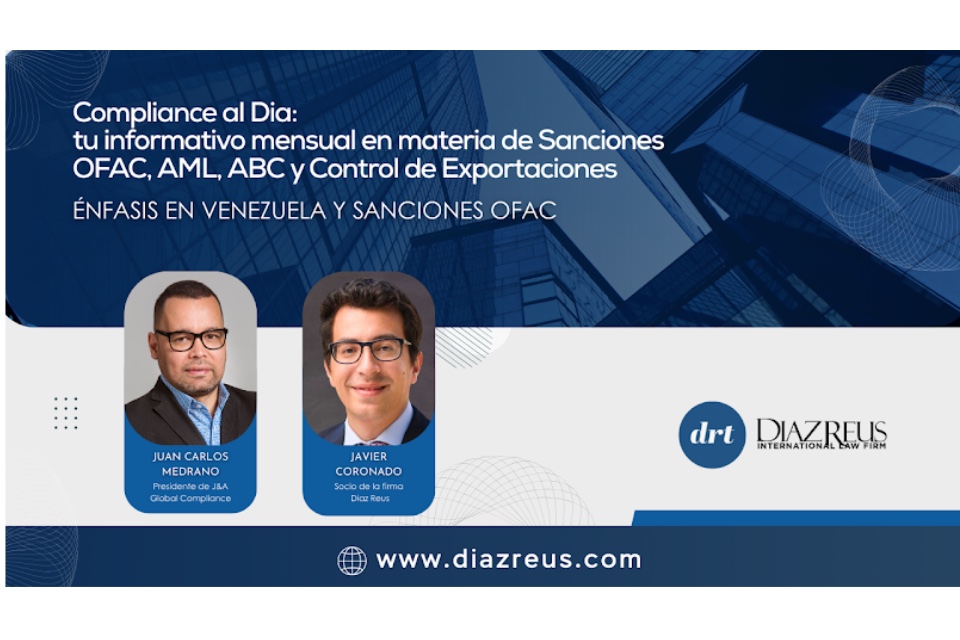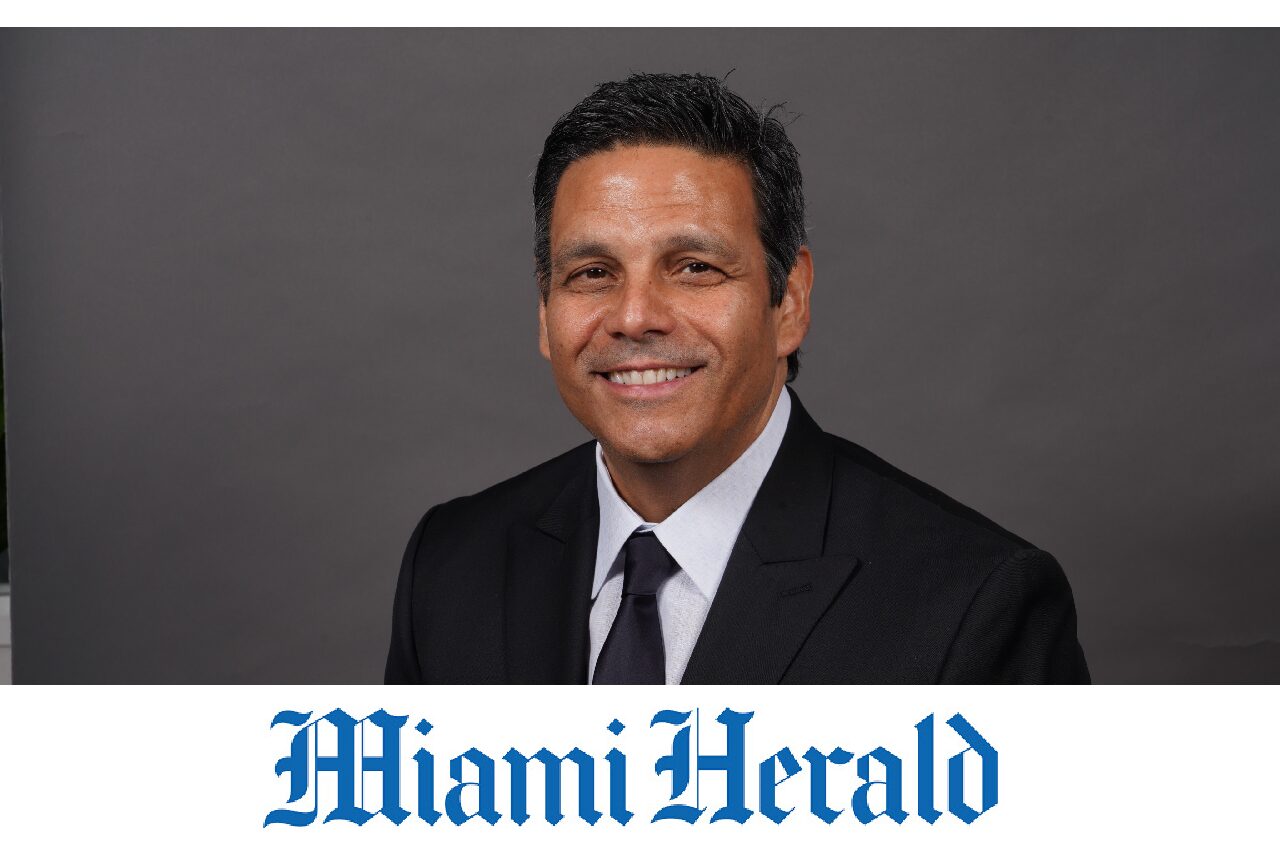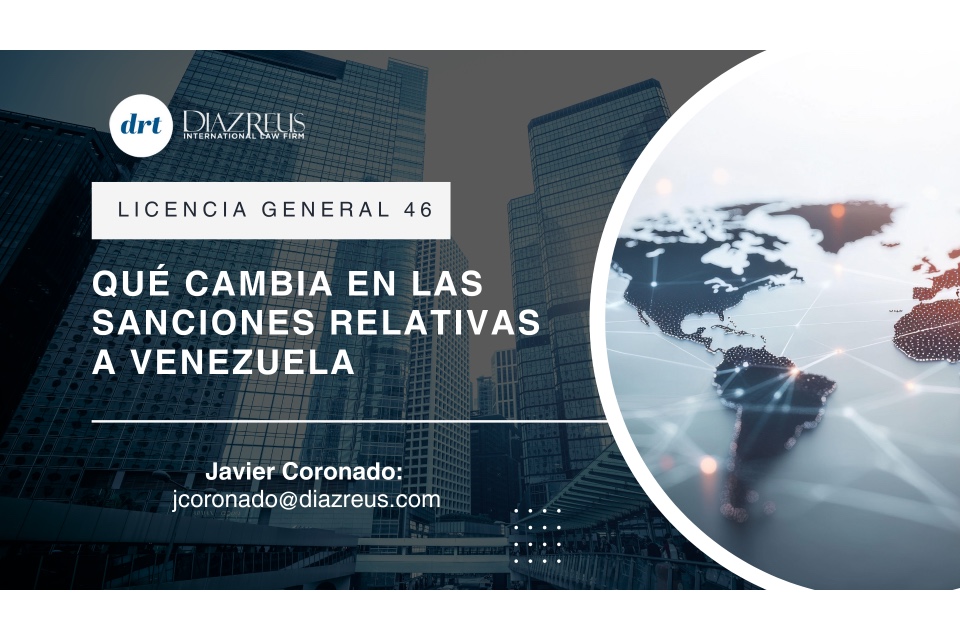Michael Diaz, Jr. on the recent fallout from the Panama Papers – Mossack Fonseca leak. Featured Q&A – Financial Services Advisor, a publication of Inter-American Dialogue.
Q: Panamanian President Juan Carlos Varela on April 6 announced that his government will create a panel of international experts in an effort to improve transparency in the country’s offshore financial industry. The announcement came just days after the massive ‘Panama Papers’ data leak that detailed how law firm Mossack Fonseca reportedly helped clients conceal assets. What will be the consequences of the Panama Papers leak for the financial and advisory services industry in Panama and for offshore banking practices more broadly? Does Panama need to change its laws to address criticisms over financial transparency? If so, which other countries also need to improve? Do people and businesses have a right to a degree of privacy in their legitimate financial transactions across borders?
A: Michael Diaz, Jr., founding partner of Diaz Reus & Targ LLP in Miami:
“The recent fallout from the Panama Papers – Mossack Fonseca leak will have little impact on the financial and advisory services industries in Panama and other offshore locations unless enforcement is swift, substantial and memorable. The U.S. Department of Justice and its federal law enforcement agencies including the Department of Homeland Security wasted no time in seizing this opportunity for new evidentiary leads on their current and ongoing money laundering and corruption investigations, including the FIFA and PDVSA bribery scandals. What remains to be seen is whether Attorney General Loretta Lynch and her Panamanian counterparts will be true to their promise to turn their focus on the unscrupulous banks and bankers without which these crimes cannot be completed.
As the Panama Papers show, names are obfuscated through layers of corporate shells, trusts and powers of attorneys designed to disguise the ultimate beneficial owners of the entities, structures and bank accounts. Glaringly, even when inherent risks are exposed by the standard due diligence process, the Panama Papers demonstrate how offshore advisory services, Mossack Fonseca and others rationalize and ignore the compliance risks, but nevertheless service their clients with impunity. Surely, there are legitimate reasons for offshore structures (such as asset protection and tax planning). However, what the Mossack Fonseca leak now brings out in the open is what U.S. law enforcement has already known for quite some time—offshore banks and advisory services in Panama, Switzerland and elsewhere have been conspiring and assisting clients with dubious sources of funds to disguise their identity and the true beneficial ownership of those funds for a handsome fee.”
Access the full edition of the Latin American Financial Services Advisor, here.
Michael Diaz, Jr., Founding and Global Managing Partner of Diaz Reus, counsels on preventative litigation strategy and conducts parallel investigations in complex, high-stakes regulatory and compliance matters including instances of financial fraud, international asset recoveries, and white-collar crimes. He specializes in visa recovery and defense of OFAC violations and Specially Designated Nationals classifications and is a Certified Anti-Money Laundering Specialist (ACAMS).













